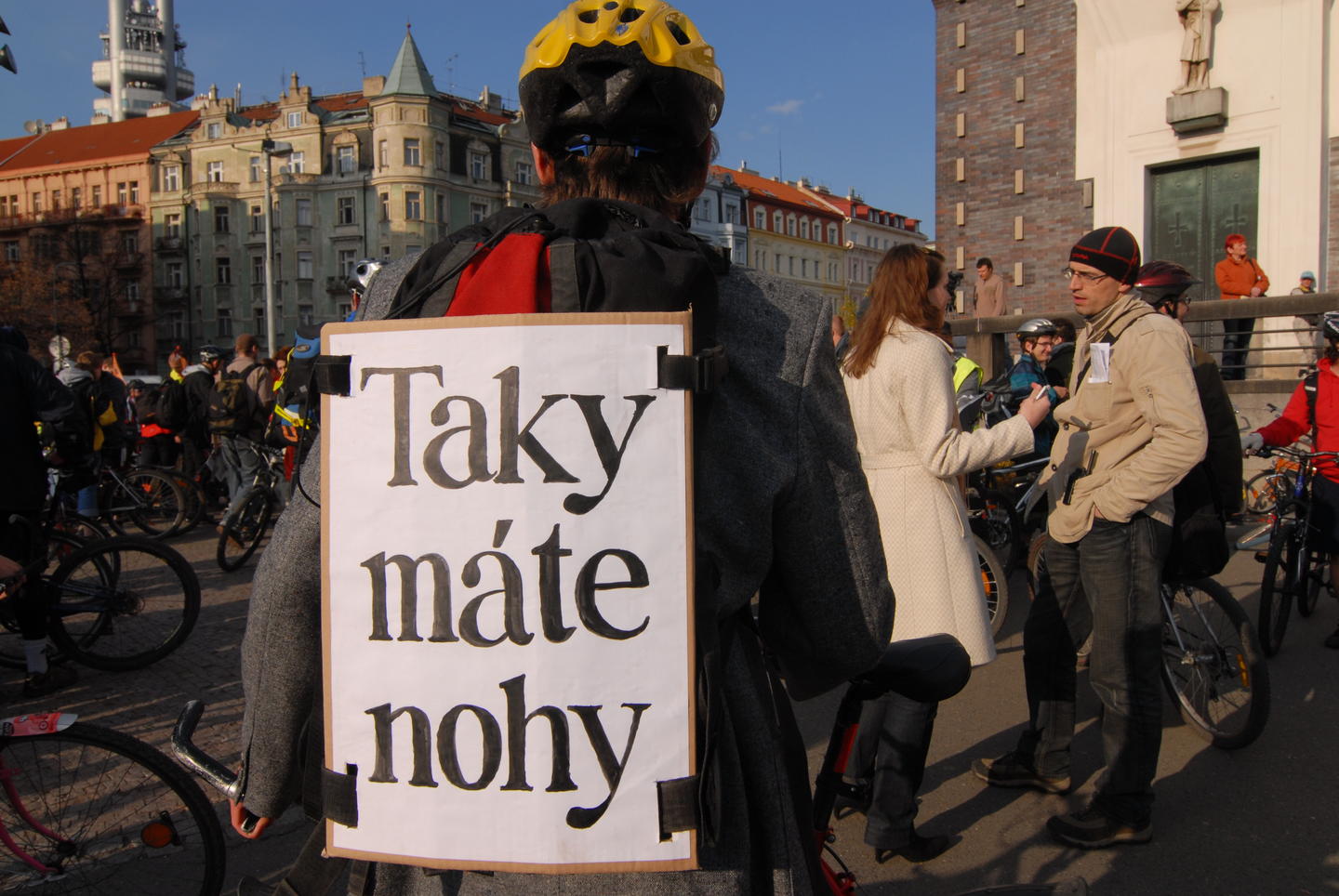Over the last five years, 1.2 billion euros in support have been made available to development projects by the private and public sector, NGOs, research and academic institutions in Central and Southern Europe. The support includes environmental protection and research, public health care and support of children and youth with special needs, conservation and revitalising of cultural heritage, strengthening of civil society, and the fight against organised crime.
At the end of the commitment period on 30 April 2009, 1249 projects, programmes and funds had been awarded funding. "We are pleased that we were able to commit all available funding," said Anders Erdal, Chairman of the FMC, the governing body of the EEA Grants. In addition to the approval of the last projects, already established funds within areas such as scholarships, NGO-support and academic research received additional contributions in certain countries.
Many projects, programmes and funds are up and running, which bodes well for a successful implementation of the EEA and Norway Grants throughout Central and Southern Europe. The beneficiary states are the ones in the driving seat in terms of implementing the grant schemes, and most of them have already come far in realising the projects.
The EEA and Norway Grants were established in 2004 to support social and economic development in the ten new member states of the EU and the European Economic Area (EEA). Romania and Bulgaria who joined in 2007, as well as old member states Greece, Portugal and Spain, are also eligible for support.
The current agreement for committing grant support runs out today, though the supported projects will benefit from funding for another two years. Iceland, Liechtenstein and Norway are currently negotiating with the European Commission about continued contributions.
The figures in this article include the Norwegian bilateral cooperation programmes with Bulgaria and Romania, which are administered separately by Innovation Norway.
